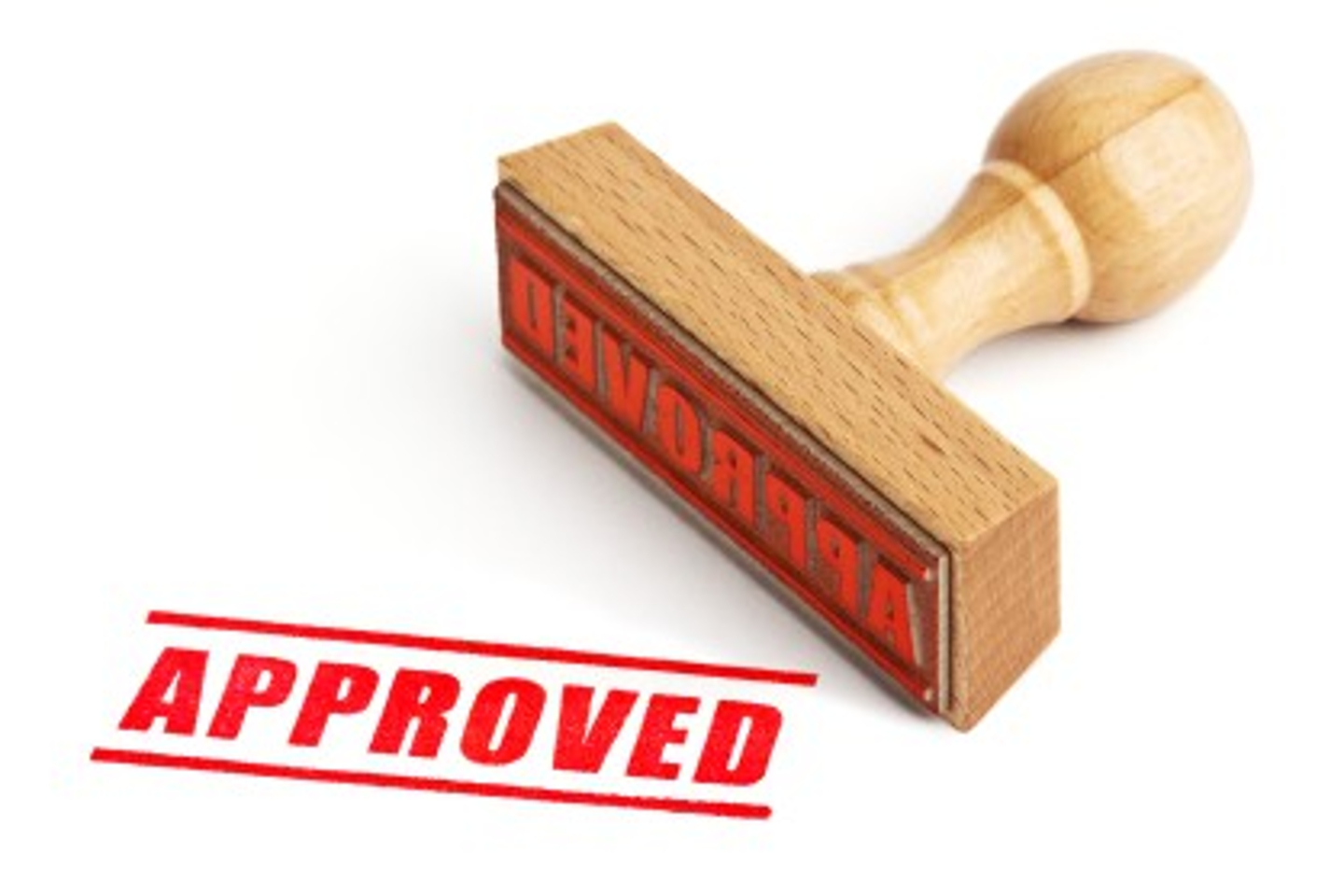Lycaon Resources has struck a key land agreement with traditional owners, allowing it to start exploring for niobium and rare earths in highly-prospective carbonatites at West Arunta in far north-eastern Western Australia. The land access agreement with the Parna Ngururrpa people is the final hurdle before the company plunges the drillbit for the first time into tantalising magnetic anomalies within its tenements.


Lycaon Resources has struck a key agreement with traditional owners, allowing it to start exploring for niobium and rare earths in highly-prospective carbonatites at West Arunta in far north-eastern Western Australia.
The land access agreement with the Parna Ngururrpa people is the final hurdle before the company plunges the drillbit for the first time into tantalising magnetic anomalies within its West Arunta Stansmore project tenements.
Lycaon Resources technical director Tom Langley said: “The formalising of the agreement is a key milestone for the Company and could not have been done without the strong support of the Traditional owner Board of Directors, local community and Central Desert Native Title Services. West Arunta is one of the last frontiers for major discoveries in Australia. The identification of Niobium and Rare Earth mineralisation associated with carbonatite intrusions by WA1 and ENR nearby in their first ever drill programs signifies the extremely prospective and underexplored nature of the West Arunta.”
The company revealed in November last year that it had entered into a heads of agreement, via its wholly-owned subsidiary West Arunta Resources, to acquire the Stansmore carbonatite project from Mr Langley, who had previously pegged the area. Two other tenements under application, which surround the Stansmore prospect, also contain multiple magnetic anomalies.
The area has emerged as a potential new province for copper, niobium and rare earths, with revelations that BHP’s early rotary air blast (RAB) drilling in 1982 showed strong evidence of intrusives and carbonate alteration. More recent discoveries, some 90km south, of niobium-rare earths-mineralised carbonatites by WA1 Resources and the Worsley target iron oxide-gold-copper (IOGC)-rare earths find by Encounter Resources, both show similar magnetic signatures to Stansmore.
The BHP shallow RAB drilling program, varying between 6m and 12m in total depth, was looking for diamonds within the Stansmore magnetic anomaly. But it produced tantalising indications of the potential for niobium-rare earths-mineralised carbonatites, with assays giving up to 127 parts per million copper, up to 10ppm niobium, up to 55ppm lanthanum, up to 75ppm cerium and up to 140ppm yttrium.
Some end-of-hole rock types intersected also showed evidence of alteration and carbonate impregnation. The shallow weathering profile would prove an added bonus should open-pit development be a consideration.
The West Arunta province is at the juncture of two major regional faults, which would be conducive to the emplacement of deep-seated intrusives such as rare-earth carbonatites and IOGC systems. Indeed, carbonatites host all three of the world’s operating niobium mines and Lynas Rare Earths’ Mt Weld mine in WA.
Lycaon has engaged Southern Geoscience Consultants to complete a geophysical inversion of gravity and magnetic data to high-grade the location of the maiden drilling program at Stansmore, which currently shows a 700m long anomaly.
Niobium is a refractory metal that is highly resistant to heat and wear, with 90 per cent of its use attributed to the steel industry where it adds measurably to the strength and lightness to steel products seen in the building construction industry, car manufacturing and pipelines. In combination with tantalum, it is used in nickel and nickel-iron alloys for superior strength and heat resistance in gas turbines and jet engine turbines. When alloyed with titanium, it produces super-conducting magnets seen in equipment used for MRI scans, nuclear magnetic resonance (NMR) and particle accelerators.
With land access formally granted and geophysical reprocessing underway to optimise near-future drilling targets on the mouth-watering Stansmore anomaly, Lycaon could be the next company to make another critical mineral discovery.
Is your ASX-listed company doing something interesting? Contact: matt.birney@businessnews.com.au












